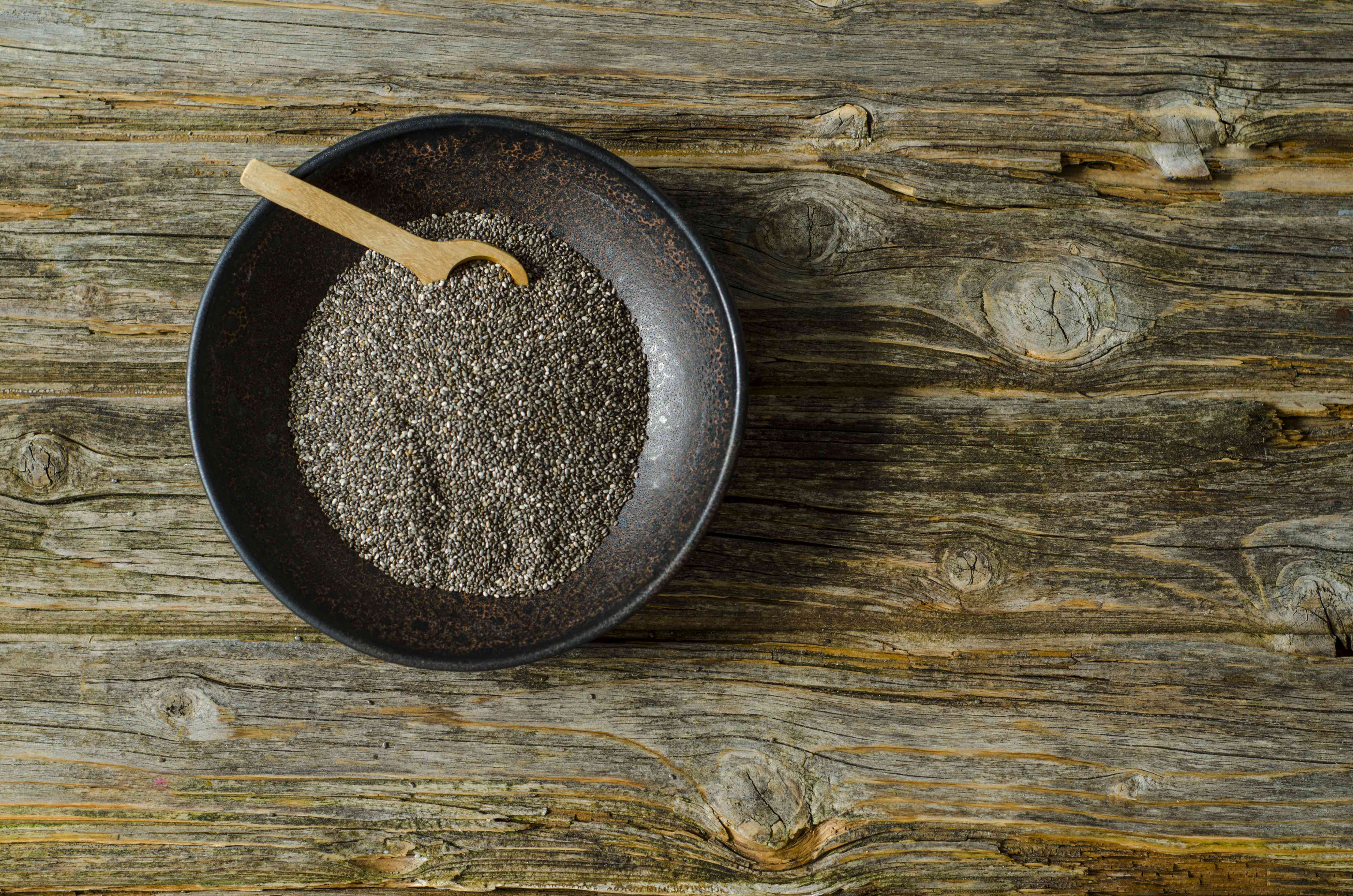Recall Alert: This Popular Smoothie Ingredient Was Just Pulled From Shelves Learn more about the recall and what can happen if you're exposed to salmonella

Food supplier Natural Sourcing International has recalled one lot of Great Value Organic Black Chia Seeds, sold by Walmart stores nationwide, due to possible Salmonella contamination
- Natural Sourcing International recalled one lot of Great Value Organic Black Chia Seeds due to possible Salmonella contamination.
- The seeds were distributed to Walmart stores across the United States.
- People who purchased the seeds should throw them away and can contact the food supplier for a replacement product.
Certain chia seeds distributed to Walmart stores across the nation are being recalled over possible Salmonella contamination, the Food and Drug Administration (FDA) said in a notice posted Monday.
One lot of Great Value Organic Black Chia Seeds could contain the dangerous bacteria, according to food supplier Natural Sourcing International.
The affected products were sold in 32-ounce packages, and are all printed with the following:
- Lot code 24095 C018
- Universal product code 078742300665
- Expiration date of October 30, 2026
Chia seeds have been shown to promote heart and digestive health, and are popular additions to salads, yogurt, oatmeal, granola, and more.
So far, there have been no Salmonella infections associated with the possibly-contaminated organic chia seeds. However, Natural Sourcing International said it’s initiating a recall “out of an abundance of caution and because consumer safety is the company’s highest priority.”
Consumers who have purchased the Great Value Organic Black Chia Seeds should check their pantries to see if they have a recalled item. If they do, the company is asking people to throw the chia seeds away, and said it will provide a replacement product with proof of purchase.
To get this replacement product or to ask questions, people can contact Natural Sourcing International via email or by calling 818-405-9705.
It’s not clear how this specific lot of Great Value Organic Black Chia Seeds could’ve potentially come into contact with Salmonella bacteria.

Westend61 / Getty Images
Why Is the Potential For Salmonella Contamination a Concern?
Salmonellosis, or a Salmonella infection, is most often associated with chicken, beef, pork, or eggs. But fruits, vegetables, and processed foods can also become contaminated with the bacteria.
These infections are fairly common, with the Centers for Disease Control and Prevention (CDC) estimating that about 1.35 million people get sick with Salmonella each year.
Most of these cases are mild, and people recover from the infection within a week and without the use of antibiotics. Still, salmonellosis can be uncomfortable—normal symptoms include diarrhea, fever, and stomach pain.
In rare cases, however, people can become seriously ill or even die from a Salmonella infection. Young children, elderly people, and those who are immunocompromised are at a higher risk of developing a severe case. These groups may need to be treated with antibiotics or treated for dehydration at the hospital if they get salmonellosis.
If the infection becomes invasive and the bacteria moves to other parts of the body, people can experience life-threatening infections of the brain or spinal cord, joints, heart, and more.
How to Avoid Salmonella
In addition to watching for recalls and avoiding any potentially-contaminated food, people can reduce their risk of being infected with Salmonella by:
- Washing hands and utensils when cooking with raw meat, poultry, eggs, or seafood
- Keeping raw poultry, meat, and seafood separated from foods that aren’t cooked
- Cooking all food to a safe internal temperature to kill bacteria
- Storing food at a safe, cold temperature
This story originally appeared on: Health News - Author:Julia Landwehr


















